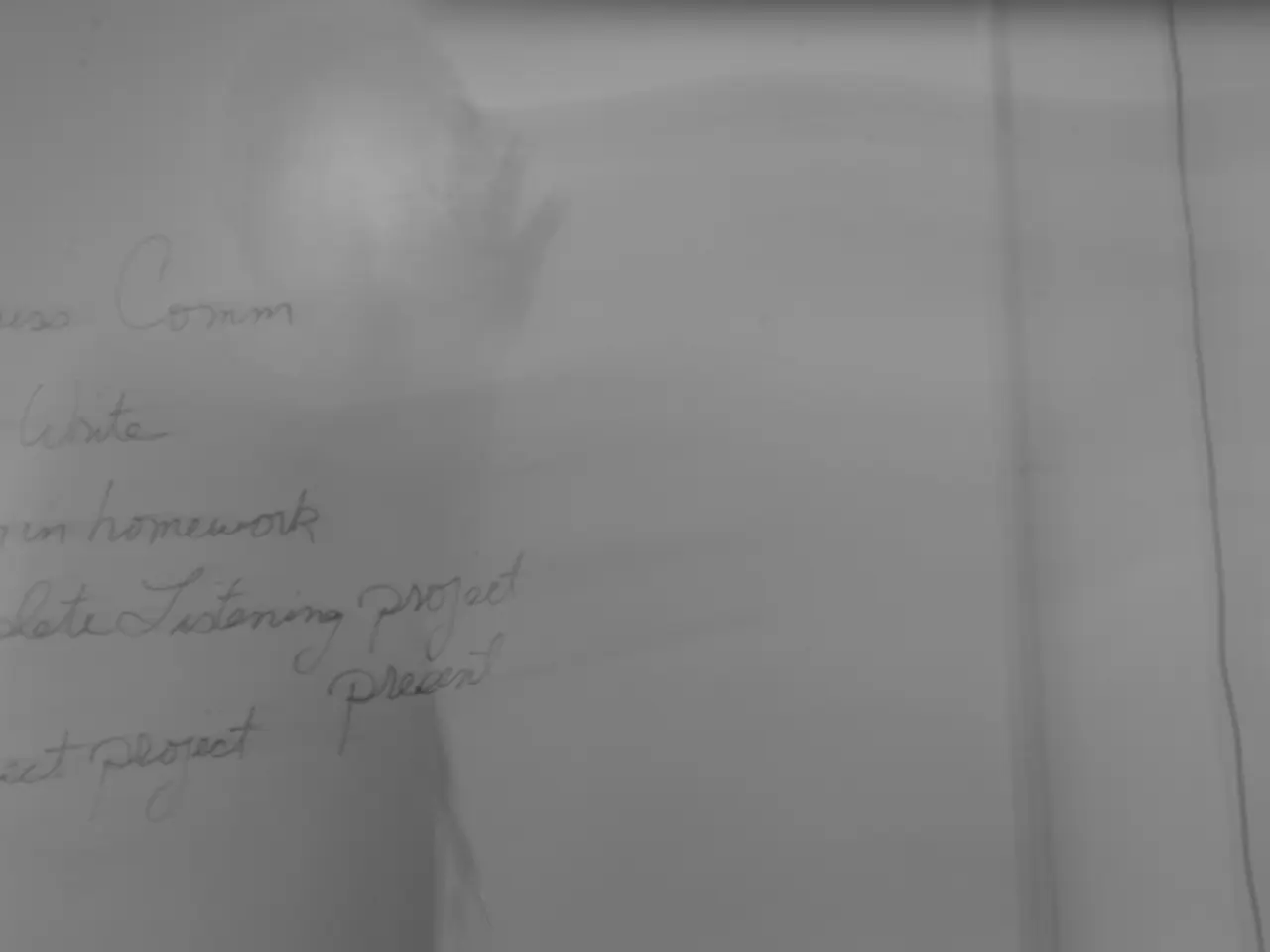Written or Notarized Last Will and Testament
Quick Guide to Holographic and Notarial Wills in Germany
Writing your last wishes down is important, but understanding the nuances between holographic and notarial wills in Germany is vital to ensure your will is legally effective.
Holographic Will in Germany
What's the deal?
A holographic will, entirely handwritten, dated, and signed by the testator, is valid in Germany as long as it meets certain conditions (Section 2247 BGB). Unlike a notarial will, it doesn't need witnesses or a notary. But, remember, only handwritten versions meet the legal standard; typed or printed documents without handwriting may not be valid.
Pros:
- Inexpensive and easy to create
- Provides privacy
- Can be made quickly in urgent situations
Cons:
- Strict formal requirements must be met (e.g., handwriting, dating, and signing properly)
- More prone to challenges due to the lack of legal oversight
- Risk of loss or destruction since it's a private document
- May be rejected in some jurisdictions or cross-border cases if not notarized[1][2]
Notarial Will in Germany
What's the deal?
A notarial will is created in the presence of a notary who records the testator's wishes. The will is read back to the testator, and all parties sign it. The notary ensures compliance with legal requirements.
Pros:
- Offers strong legal certainty and is less susceptible to disputes
- The notary can advise on complex legal matters, including cross-border inheritance implications
- The will is officially registered and securely stored by the notary or probate court, reducing the risk of loss
- Ideal for testators with complex estates or those seeking professional help
Cons:
- More expensive due to notarial fees
- Requires physical presence at the notary's office, which might be difficult for some (e.g., those living abroad or with health issues)
- For foreign nationals, language barriers might complicate the process, requiring an interpreter
- Not ideal for simple wills or those wanting to avoid official involvement[3]
The Verdict
A holographic will in Germany offers simplicity and low cost. However, it bears the risks of invalidity and disputes if requirements aren't strictly met. A notarial will provides stronger legal security and professional guidance at a higher cost and with more formalities. Choose based on your circumstances, including the complexity of your estate, living situation, and the need for legal certainty[2][3].
- Footnotes:[1] Cross-border inheritance: https://www.rechtsanwalt-minnich.de/en/cross-border-inheritance-germany-uk/[2] Holographic wills: https://www.welt.de/wirtschaft/personal-finanzen/article203256390/Die-Vorteile-und-Nachteile-von-Holographischen-Testamenten.html[3] Notarial wills: https://www.bestattungen.de/testament-und-blutsverwandte/notarielles-testament/
- In light of the complexity of your financial and business interests, it would be prudent to consider a notarial will in Germany, as it offers legal certainty and professional guidance, making it less susceptible to disputes and providing safeguards against losses or complications in cross-border cases.
- If you prefer to avoid formalities and wish to save on costs, a holographic will might be suitable for your situation, but be aware that it may bear the risks of invalidity and disputes if the strict legal requirements aren't met.




